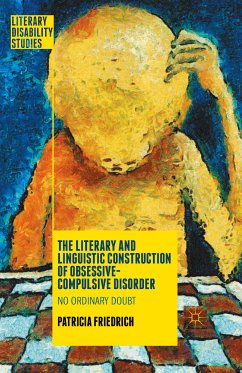By the end of the twentieth century, Mexican multimedia conglomerate Televisa stood as one of the most powerful media companies in the world. Most scholars have concluded that the company's success was owed in large part to its executives who walked in lockstep with the government and the Partido Revolucionario Institucional (PRI), which ruled for seventy-one years. At the same time, government decisions regulating communications infrastructure aided the development of the television industry. In one of the first books to be published in English on Mexican television, Celeste Gonzalez de Bustamante argues that despite the cozy relationship between media moguls and the PRI, these connections should not be viewed as static and without friction.Through an examination of early television news programs, this book reveals the tensions that existed between what the PRI and government officials wanted to be reported and what was actually reported and how. Further, despite the increasing influence of television on society, viewers did not always accept or agree with what they saw on the air. Television news programming played an integral role in creating a sense of lo mexicano (that which is Mexican) at a time of tremendous political, social, and cultural change. At its core the book grapples with questions about the limits of cultural hegemony at the height of the PRI and the cold war.
Dieser Download kann aus rechtlichen Gründen nur mit Rechnungsadresse in A, B, BG, CY, CZ, D, DK, EW, E, FIN, F, GR, HR, H, IRL, I, LT, L, LR, M, NL, PL, P, R, S, SLO, SK ausgeliefert werden.









